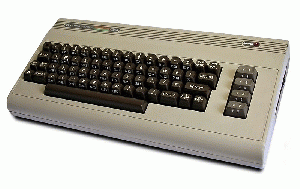Twitter's making it just a little bit harder for the US intelligence community to surveil your online activity. As Kevin McCoy of USA Today reports , the company "told Dataminr, the business partner that sifts through and provides access to the full output of Twitter's social media postings known as tweets, that it didn't want the service provided to government investigators."
I'm sure the National Security Agency and other organizations will come up with their own tools to monitor your 140-character descriptions of what you had for lunch, but it's still a nice gesture on Twitter's part -- the latest little bit of welcome pushback against the surveillance state by American tech companies.
From the use of "warrant canaries" -- a way of getting around government orders to not reveal government demands for information -- to an increasing ethos of companies making it impossible for themselves to decrypt their users' data, to Apple's refusal to build a backdoor into its iPhone operating system for the FBI's use, there's a seeming sea change occurring in the relationship between Silicon Valley and Washington, DC.
To what extent that change is real and not just public relations theater, I can't say. But either way it reflects increasing public understanding of two key lessons taught to us by Edward Snowden and other whistleblowers:
First, almost nothing you do could possibly be any of the US government's business; we should make it as hard as possible for government to pry into our affairs.
Second, everything the US government does is YOUR business. You pay the bills and the people claiming to be "your employees" have proven, over and over, that they can't be trusted with the privilege of keeping secrets from the boss.
For those two reasons, if there's going to be a differential in technological power between citizens and government, that differential should work to the advantage of citizens, not government.
Somehow the US government managed to win World War Two without digital computers and put men on the moon with, rumor has it, less computing power than most of us have on our desktops these days. Let's get back to that ethos.
Instead of letting politicians limit our computing power and access to encryption, let's limit theirs. Because I'm a moderate, I won't call for a complete regression to pen and paper. I think we can allow the FBI and NSA to have old circa-1983 Commodore VIC-20 machines with 4.5 kilobytes of RAM, cassette tape drives for storage and 300-baud acoustic coupler modems for communications don't you? Heck, in the spirit of compromise, maybe even Commodore 64s with floppy disk drives!
But modern computers, smart phones and strong crypto? Sorry, bureaucrats. That stuff is reserved for your bosses.





